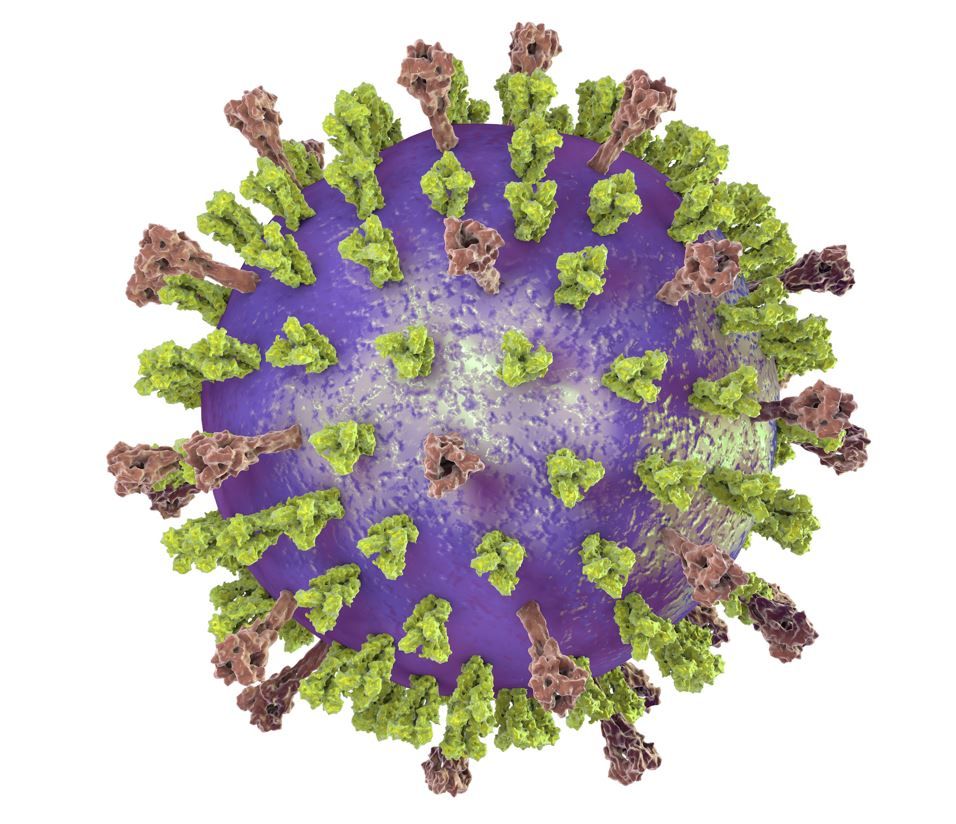- Clinical Technology
- Adult Immunization
- Hepatology
- Pediatric Immunization
- Screening
- Psychiatry
- Allergy
- Women's Health
- Cardiology
- Pediatrics
- Dermatology
- Endocrinology
- Pain Management
- Gastroenterology
- Infectious Disease
- Obesity Medicine
- Rheumatology
- Nephrology
- Neurology
- Pulmonology
IDWeek 2023: Nirsevimab Efficacy Against RSV-LRTI-Associated Hospitalization is Robust Across Infant Subgroups
IDWeek 2023. Nirsevimab efficacy was significant across infant subgroups in preventing hospitalization for RSV-LRTI during a first RSV season.
This article is part of our IDWeek 2023 coverage. You can find all of our news here.
The novel monoclonal antibody nirsevimab was shown to be more than 80% effective at preventing respiratory syncytial virus (RSV)-related hospitalizations in infants experiencing their first RSV season, according to data presented at IDWeek in Boston, MA (October 11-15, 2023).
The findings, from the phase 3 HARMONIE clinical trial, demonstrated similar efficacy across infant subgroups, including those weighing less than 5 kg at birth and those weighing 5 kg and over.
©Kateryna_Kon/stock.adobe.com

The drug, marketed as Beyfortus, was approved by the FDA in July for the prevention of RSV lower respiratory tract disease (LRTD) in newborns and infants born during or entering their first RSV season, and for children up to 24 months of age who remain vulnerable to severe RSV disease through their second RSV season.
During an oral abstract session, Saul N. Faust, FRCPCH, PhD, of the University of Southampton and University Hospital Southampton NHS Foundation Trust, reviewed data from HARMONIE, which was conducted in the United Kingdom, France, and Germany. The cohort of 8058 infants were randomly assigned to receive nirsevimab (n=4037) or no intervention (n=4021). Gestational age was at least 29 weeks and those in the intervention group received a single intramuscular injection of nirsevimab (<5 kg 50 mg; ≥5 kg 100 mg) before or during the RSV season, and were monitored for all-cause lower respiratory tract infection.
RESULTS
Faust and colleagues reported that, overall, nirsevimab demonstrated an 83.21% (95% CI 67.8 to 92.0; P<.001) reduction in hospitalizations due to RSV-LRTI during the RSV season. Similar results were observed across prespecified infant subgroups, including those who were born at term (≥37 weeks) or prematurely (<37 weeks), with nirsevimab efficacy observed of 84.41% (CI, 64.92-94.10%) and 78.31% (CI, 33.49-94.69%), respectively.
Investigators also reported that infants’ weight at the time of random treatment assignment, whether less than 5 kg or 5 kg or greater, had no apparent impact on the efficacy of nirsevimab, with efficacy rates of 82.12% (CI, 59.14-93.30%) and 85.16% (CI, 57.01-96.25%, respectively.
HARMONIE findings also showed the impact of nirsevimab on all all-cause LRTI hospitalizations—efficacy of 58.04% (CI, 39.69-71.19%), which suggests potential for the drug to mitigate the overall burden of LRTIs in infants.
Source: Faust SN, Cathie K, Drysdale SB, et al. The impact of nirsevimab on an RSV season in all infants: data from the HARMONIE study. Abstract presented at IDWeek 2023; October 11-15, 2023; Boston, MA.
